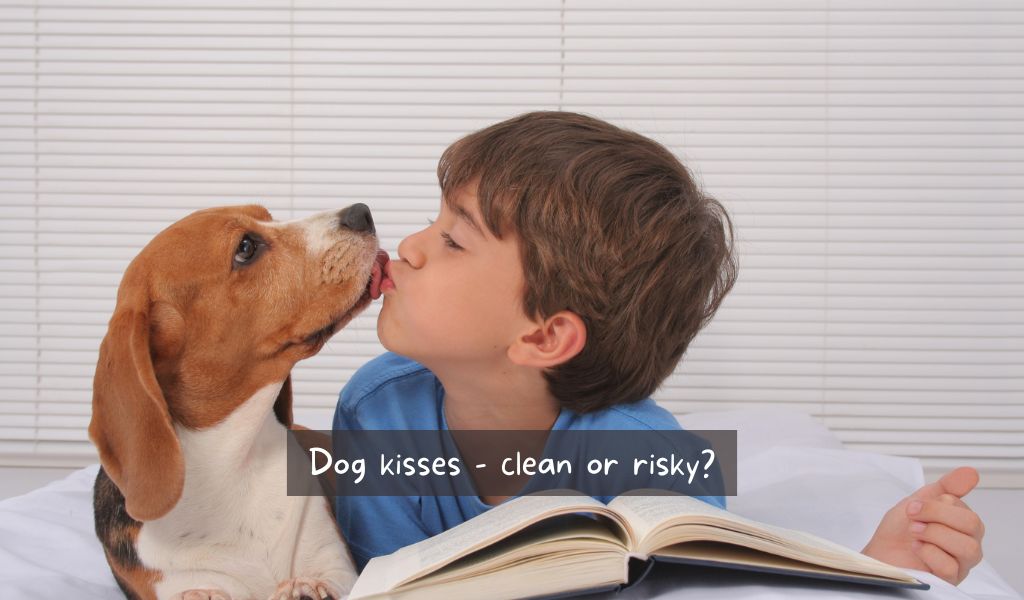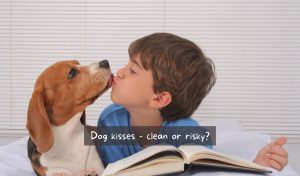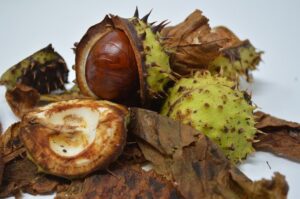We’ve all heard the old adage “a dog’s mouth is cleaner than a human’s,” but is there any truth to it?
Believe it or not, science actually supports this common belief and there are multiple reasons why your pup’s wet licks may be better for you than a handshake or hug from another human.
Today we’ll look at five facts that point to why dogs’ mouths are actually cleaner than people’s and learn more about how hygiene practices make an impact in our companion animals’ lives.
So get ready: let’s dive into exactly why these furry friends can bring us so much joy – and yes, even some cleanliness.
Dogs’ mouths are cleaner than humans’ because they have less bacteria
While it has been commonly said that dogs’ mouths are cleaner than humans’, research has further confirmed the claim.
Over 700 bacterial species have been reported in human saliva, and although this is significantly less than the over 1,400 found in dog saliva, humans tend to exhibit a greater potential for disease-causing bacteria due to the many known viruses and bacteria responsible for tonsil infections and colds.

On the flip side, dogs typically spend much more time outside with their mouths exposed to dirt and other environmental contaminants that can kill harmful bacteria.
Interestingly enough, a higher diversity of bacterial species in saliva actually helps control germs by preventing extreme shifts in pH levels and acting as an antiseptic barrier against infection.
While it’s true that dogs may not always appear as clean as they would like us to think they are, their superior immune systems have gifted them with cleaner mouths than us humans.
Dogs’ mouths are cleaner than humans’ because they have a stronger immune system
It may sound too good to be true, but it’s actually genuine scientific fact – dogs’ mouths are cleaner than humans’.
This is largely due to the fact that they have a stronger immune system than us.
When a dog licks their fur or its owner’s hand, their saliva decreases the risk of bacterial infection because it contains an antibody called immunoglobulin A which can destroy certain bacteria.
Additionally, dogs’ mouths contain less naturally occurring microorganisms and bacteria than humans’, meaning they are less likely to spread germs like we do.
It’s no wonder then that these four-legged friends have been known as man’s best friend for centuries.
Dogs’ mouths contain less naturally occurring bacteria and microorganisms than humans and are less likely to spread germs than their owners.
Dogs’ mouths are cleaner than humans’ because their saliva contains antibacterial properties
Dogs’ mouths are surprisingly cleaner than human mouths, despite their propensity for eating rubbish, dead frogs and other stuff as well as scavenging for scraps.
This is partly because of the antibacterial properties found in their saliva.
These compounds, such as lysozymes and immunoglobulins, act as a sort of built-in protection from microorganisms and other pathogens that they may come across while eating or searching.
Given that dogs explore their environments with much greater gusto compared to humans, it’s not surprising that this natural defence mechanism comes in handy.
Keep your dog’s mouth and teeth clean
Dogs’ mouths are cleaner than humans’ because they groom themselves more often
Dogs are meticulous groomers, they lick, chew, and clean themselves often. This cleans the mouth of any dirt or bacteria that might have gotten stuck in their fur.
This also helps them stay cool in the summer and warm in the winter as saliva serves as a natural cooling agent for dogs.
But more importantly, this cleaning behaviour prevents the spread of disease and keeps their mouths relatively cleaner than humans’.
In fact, research has shown that dogs who groom themselves more often have fewer oral bacteria than those who do not.
Dogs’ mouths are cleaner than humans’ because they eat a healthier diet
Although it may not be the most pleasant sight, a dog’s diet is usually much healthier than ours.
Dogs tend to avoid processed foods and instead eat things like raw meat, vegetables, and fruits which are all packed with essential vitamins and minerals that can help maintain a healthy mouth.
This, in turn, helps reduce the amount of bacteria present in their saliva which further contributes to the cleaner-than-usual state of their mouths.
Ultimately, this proves one thing – our furry friends may not always appear as clean as we’d like them to be but they have us beat when it comes to keeping their mouths clean.
So next time your pup greets you with slobbery kisses, remember that their mouths are actually cleaner than yours.
The results are in
The facts and scientific evidence are clear – dogs’ mouths are actually cleaner than humans’.
From their superior immune systems to their natural antibacterial saliva and healthy diet, dogs certainly have some advantages over us in terms of oral hygiene.
But despite all this, it’s important to keep up with your pet’s dental care routine by brushing their teeth at least twice a week and scheduling regular check-ups with the vet.
This will ensure your pup stays healthy and happy for years to come.
Final Words
Dogs’ mouths are actually cleaner than humans’, thanks to their natural antibacterial saliva, immune system and healthy dietary habits.
Although it may not always be obvious, our canine companions have some unique advantages when it comes to oral hygiene.
It’s important to still maintain a regular dental care routine for your pup by brushing their teeth at least twice a week and scheduling check-ups with the vet – this will help them stay healthy and happy for years.
So go ahead, next time your dog wants to give those slobbery kisses – you know that your four-legged friend has got you covered in terms of cleanliness.













